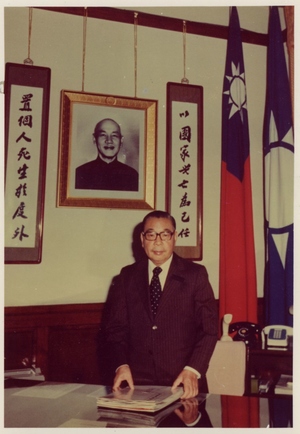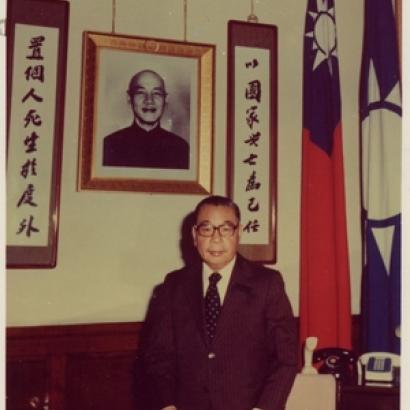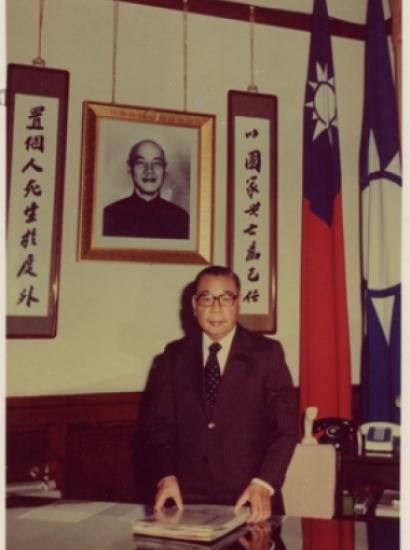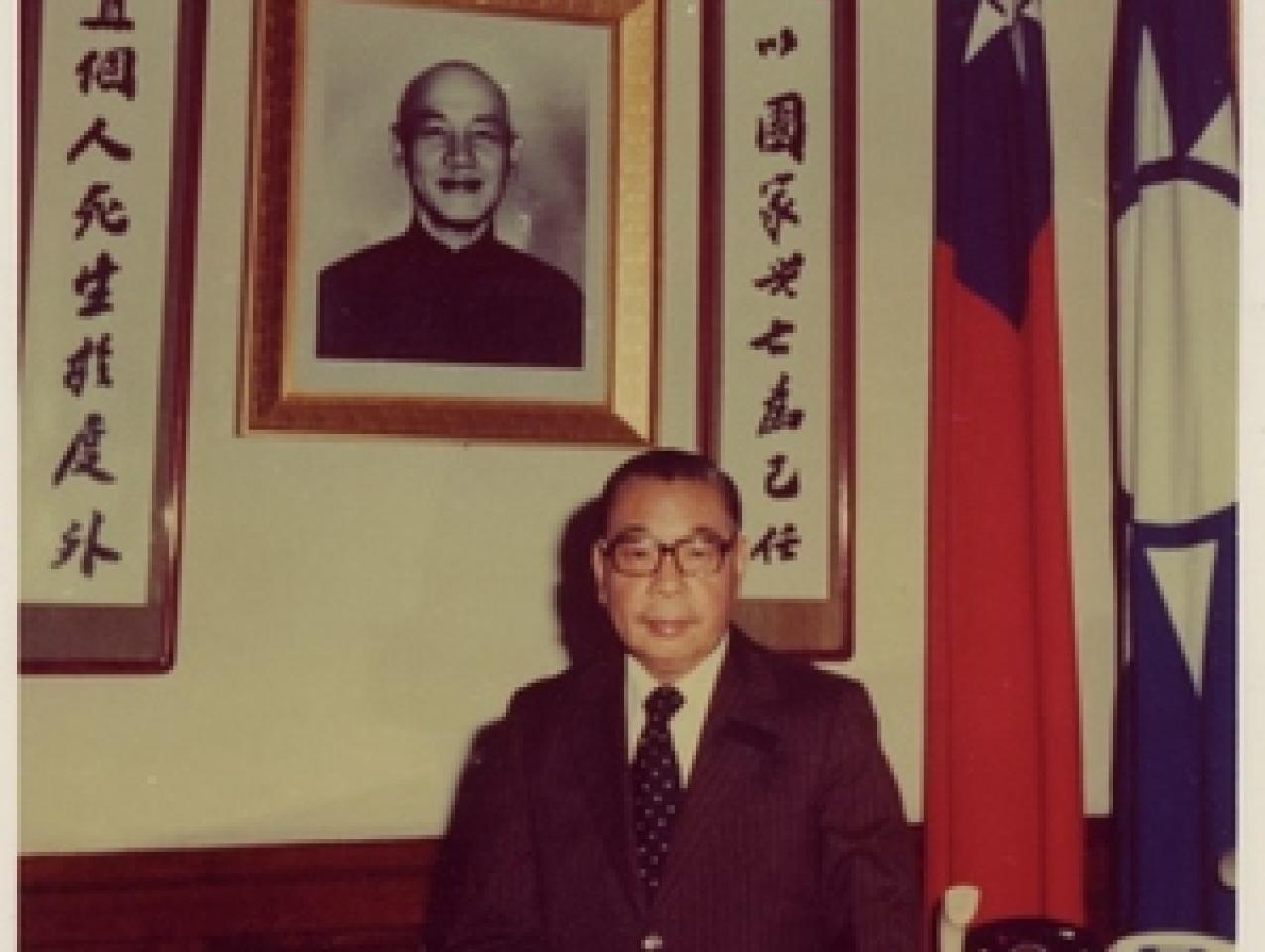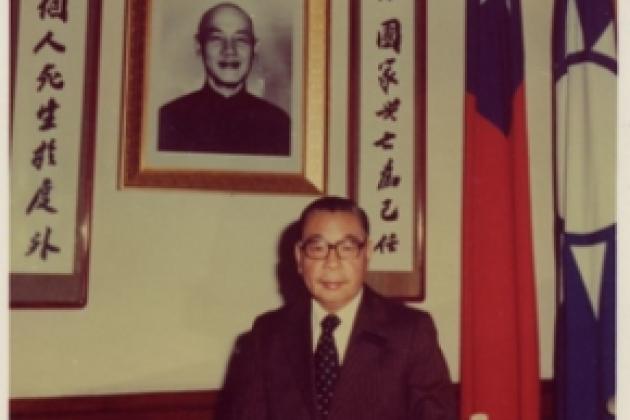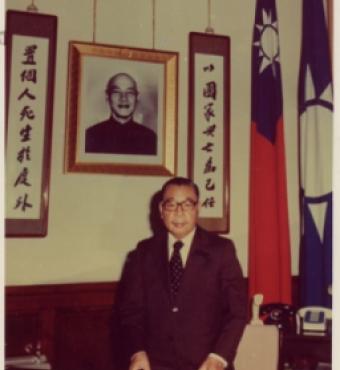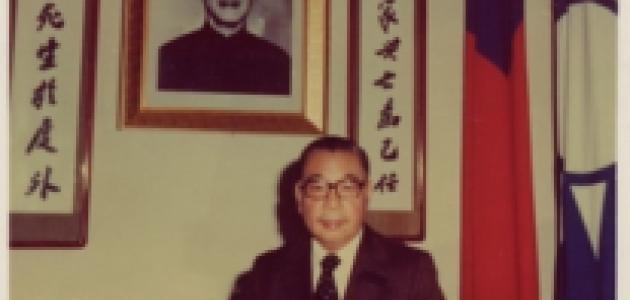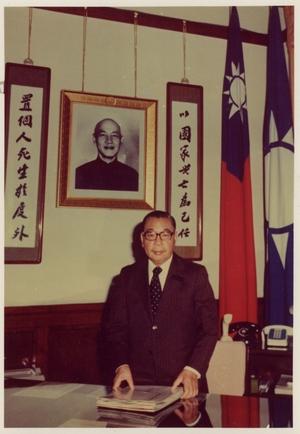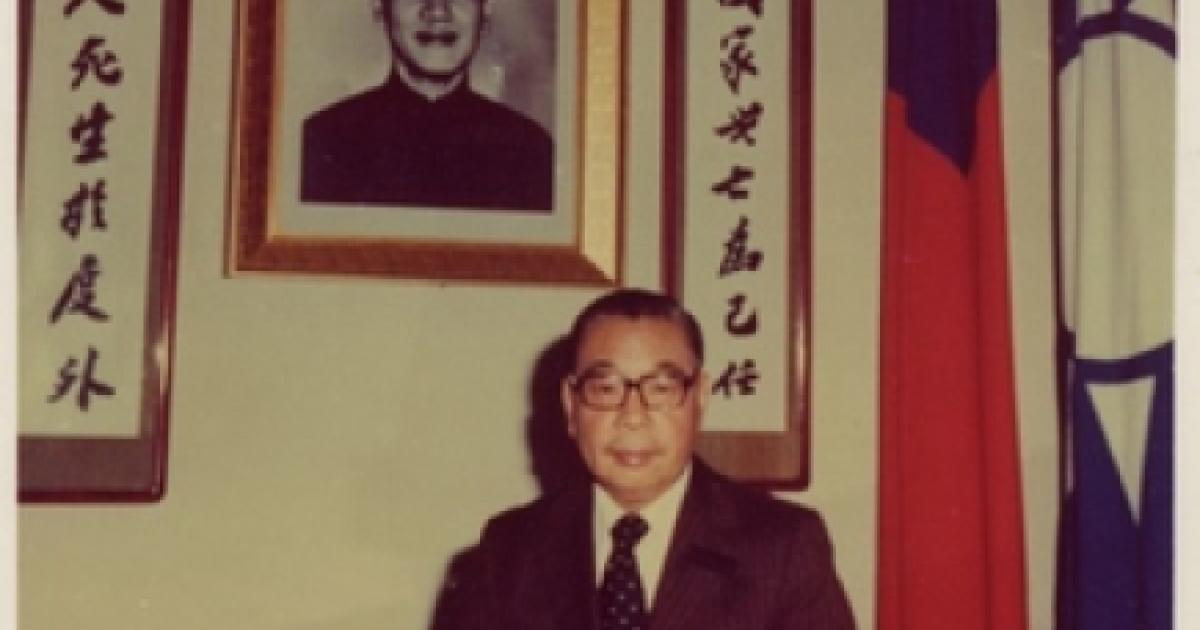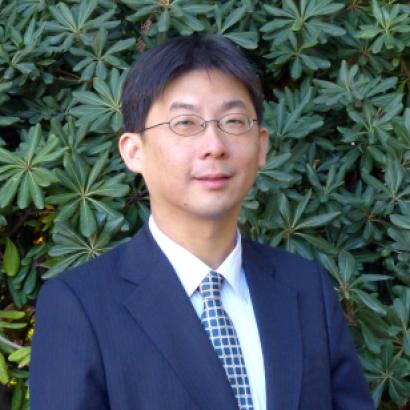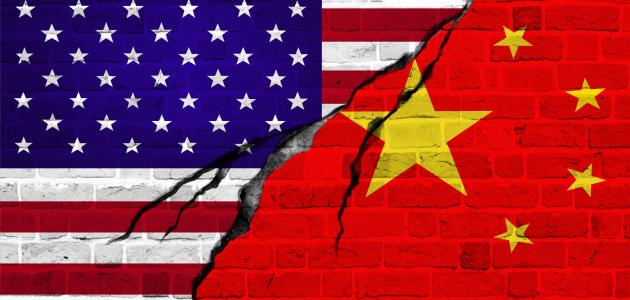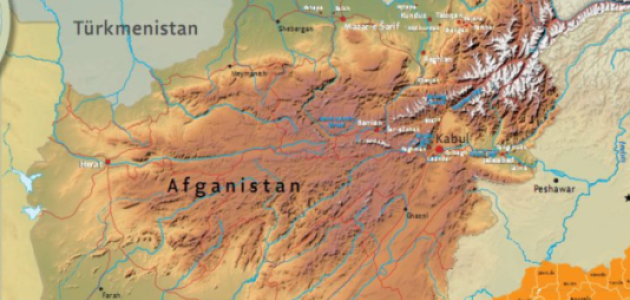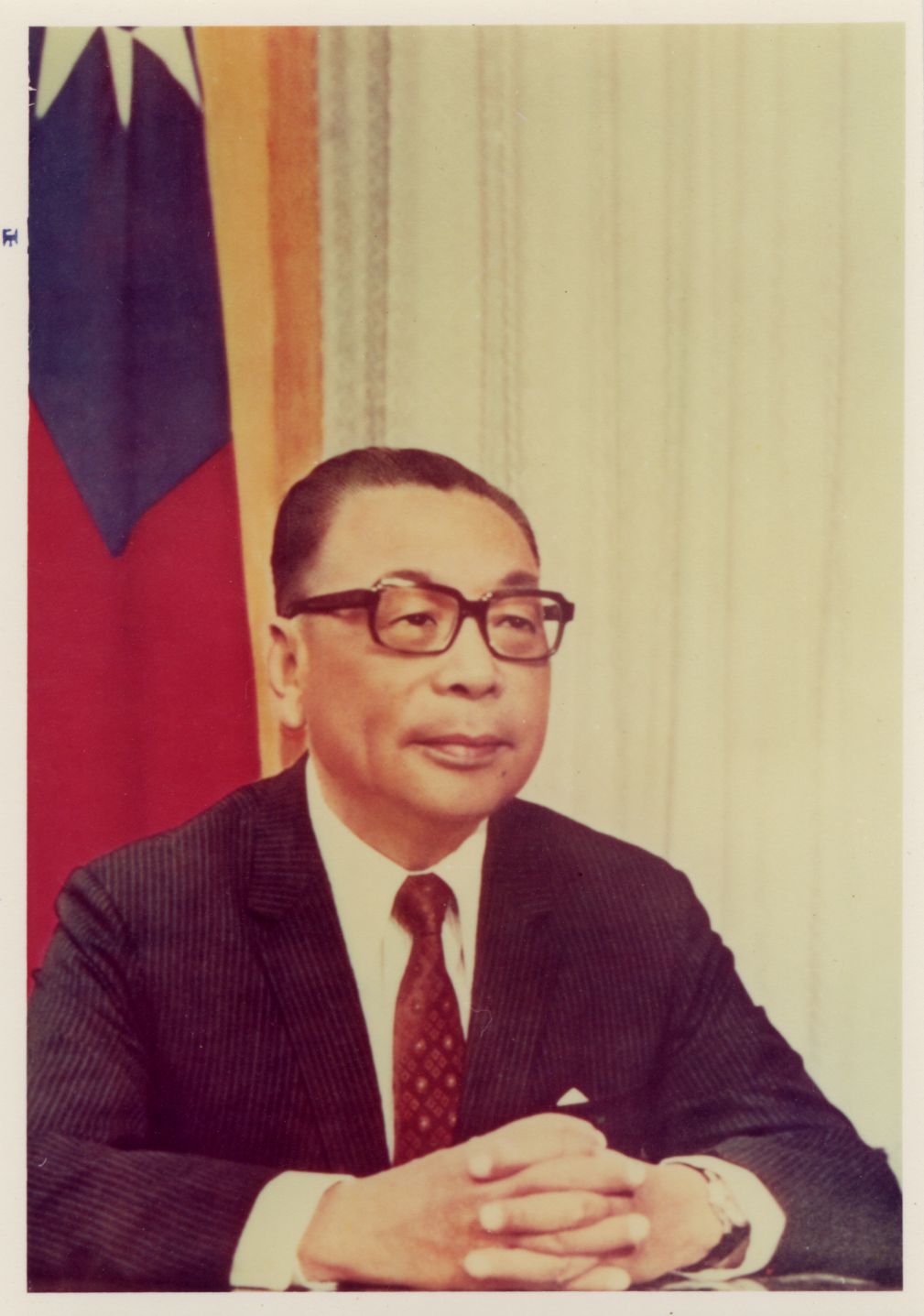
The Hoover Institution, the Academia Historica of Taiwan, Ms. Yo-mei Chiang and the family of Mr. Hsiao-yen Chiang are pleased to announce that Hoover is making available for scholars copies of the personal diaries (covering the period 1937 to 1979) of Chiang Ching-kuo, President of the Republic of China between 1978 and 1988. This great opportunity for scholarly study of this leader of Taiwan is possible due to the assistance and support of Academia Historica’s President Mr. Yi-shen Chen and the family and descendants of President Chiang Ching-kuo; and the Hoover Institution acknowledges all of their support in making these materials available.
The collection shines a light on a critically important period in modern Chinese history. Chiang’s diaries offer a rare glimpse into the inner world of a man, who as leader of Taiwan, oversaw the island’s transition to democracy, and navigated it through an exceptionally challenging period of the Cold War. Under his leadership, Taiwan emerged as one of the more politically and economically vibrant entities in the region. Chiang’s diaries offer an invaluable resource to historical and political scholars of the region, as well as the general public, and complement the collection of the diaries of his father, Chiang Kai-shek, which have been the most requested collection at the Hoover Institution by visitors since they were opened in 2006.
“The diaries of Chiang Ching-kuo are among the most significant scholarly material on modern China available in the world,” said Eric Wakin, Robert H. Malott Director of Library & Archives and Deputy Director at the Hoover Institution. “They add to those of his father Chiang Kai-shek, which the Hoover Institution has been honored to protect and house for researchers.”
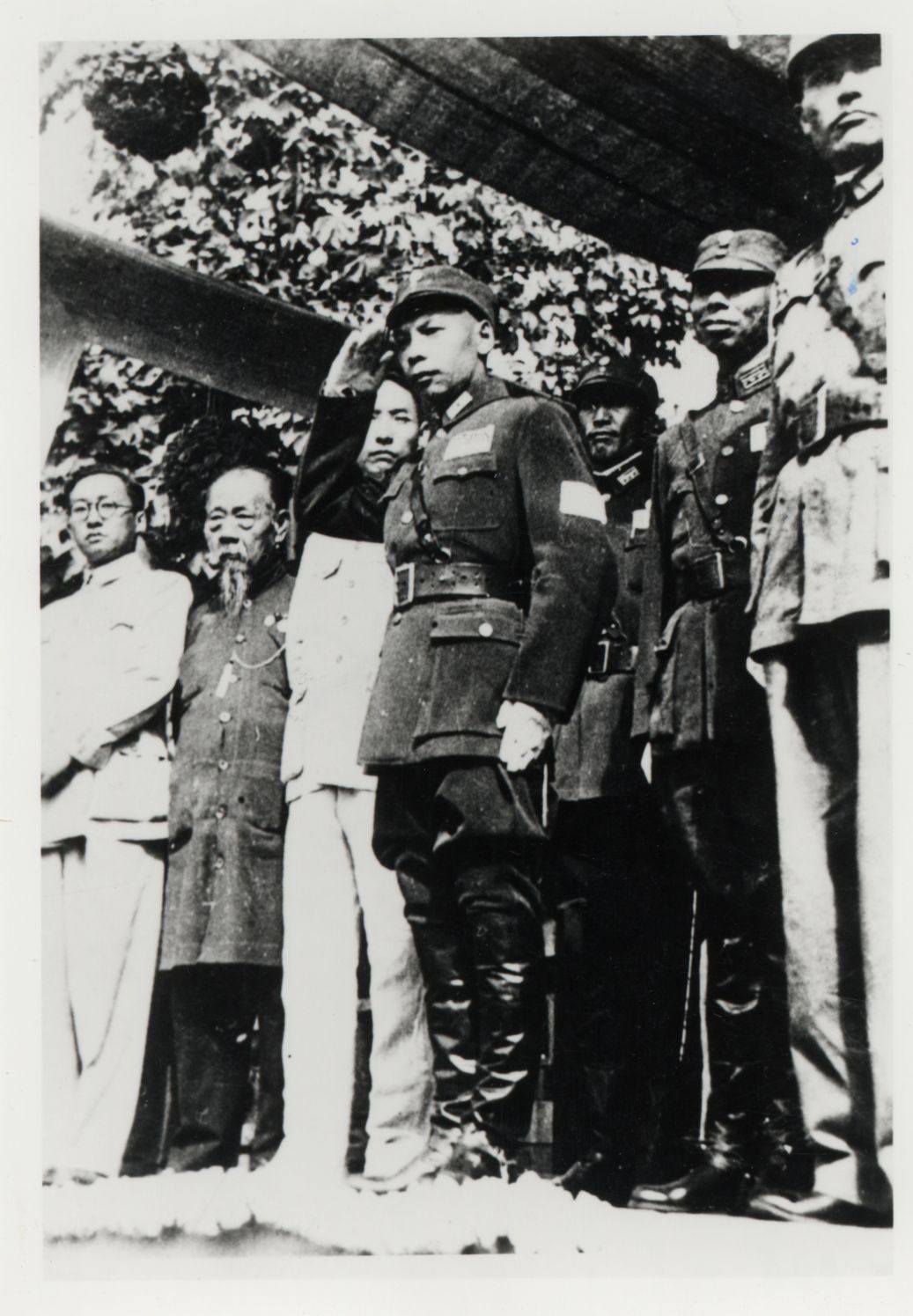
Chiang Ching-kuo was born in 1910 in Zhejiang Province, China, and died on January 13, 1988, in Taipei, Taiwan. At the age of fifteen, he left with a group of young people to study in the Soviet Union. There he joined the Soviet Youth Corps, where he studied Communist ideology. In May 1930, Chiang graduated from the Central Tolmatchev Military and Political Institute and began to work in an electrical plant in Moscow as a machine-tool operator. In fall 1932 he was transferred to the Urals to work in the mines. There he met the woman who was to be his wife, Faina Ipatyevna Vakhreva.
In early 1937, Chiang Kai-shek reestablished relations with Moscow to oppose the Japanese invasion, and Ching-kuo returned to China. In April, he arrived in Shanghai with his family and met his father in Hangzhou. During the Sino-Japanese war (1937-45), Ching-kuo served as commissioner and peace preservation commander in southern Jiangxi Province. Following the defeat of the Japanese in 1945, Ching-kuo took part in the negotiations between China and Soviet Russia. Later, he was sent to Manchuria to supervise the withdrawal of Soviet troops, and to prevent the region from being taken over by the Chinese Communists. In the final stage of the Chinese Civil War (1945-49), Ching-kuo helped his father put into practice an ultimately unsuccessful economic policy in Shanghai that sought to deal with high inflation and prepare for the departure to Taiwan given the imminent triumph of the Communists.
After the Nationalist government retreated to Taiwan in late 1949, Ching-kuo served as a key member of the secret police on the island. In the decade that followed, he had informal authority over various areas of the ruling Kuomintang (KMT) party and the government. He also acted as negotiator with the United States, and Taiwan’s allies, in East Asia. Rapprochement between Washington and Beijing in the early 1970s led to a change in strategy in Taiwan. International isolation and changes within the island called for a gradual and controlled political liberalization. Ching-kuo and the reformers within the KMT sought to transform the party into a popular and more liberal political organization, even though this would eventually transfer political control to native islanders. This entailed co-opting the local Taiwanese into the leadership of the KMT, while fostering the growth of a moderate opposition.
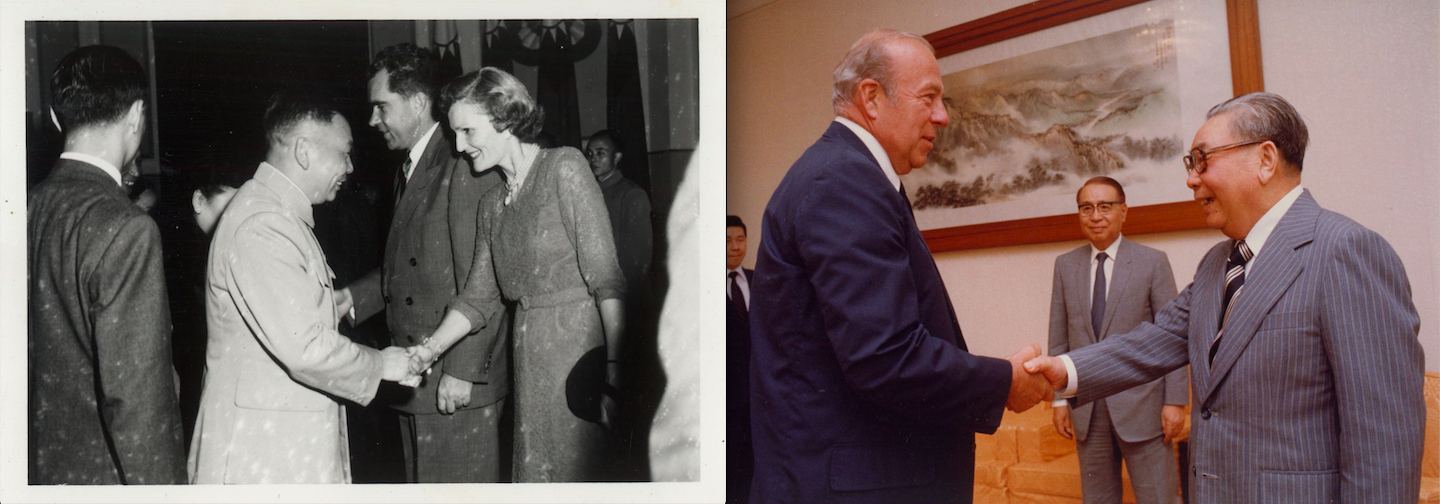

Chiang Ching-kuo became premier and Taiwan’s de facto policy maker in spring 1972, when his ailing father was no longer able to supervise national matters. During the 1970s he promoted government spending on infrastructure in a program known as the Ten Major Development Projects. On April 5, 1975, Chiang Kai-shek died, and Ching-kuo was elected chairman of the KMT. In May 1978 he became president of the Republic of China on Taiwan. Later that year, the United States recognized Beijing and severed diplomatic ties with Taipei. It was a hard blow for Ching-kuo, who endeavored to maintain close relations with the United States on an unofficial basis. In the following decade, he continued to advance political and economic reforms in an attempt to legitimize his government in both international and domestic spheres. In the fall of 1986, the Democratic Progressive Party was founded without opposition from the KMT. In July 1987, martial law was lifted. Ching-kuo died in office a few months later. Chiang’s tolerance of political opposition in the final stages of his life propelled Taiwan towards full democratization, where civil society, aided by strong economic growth, became sufficiently strong to demand political reform.
The diaries will be available to researchers when the Hoover Institution Library & Archives reading room reopens in February 2020.




